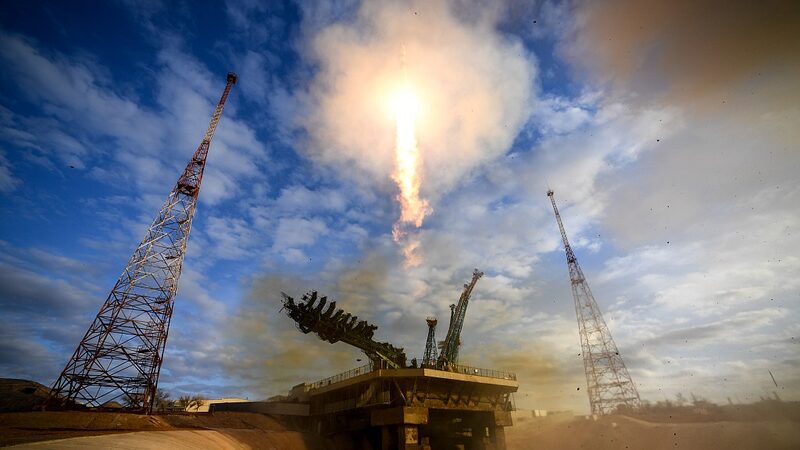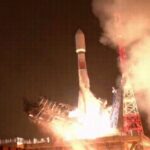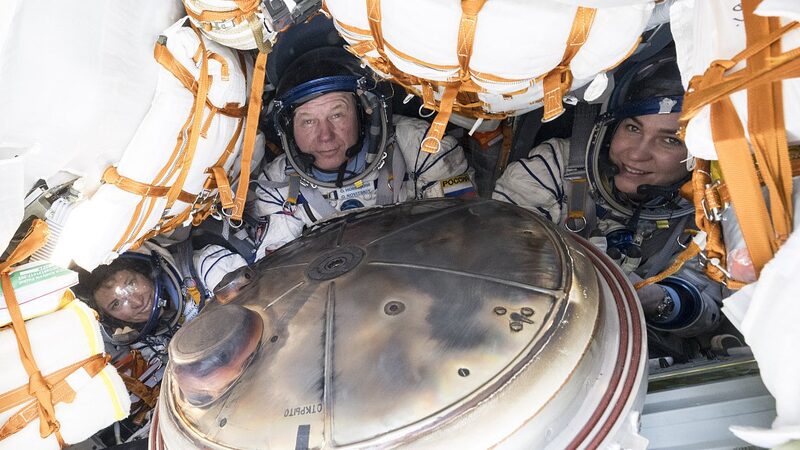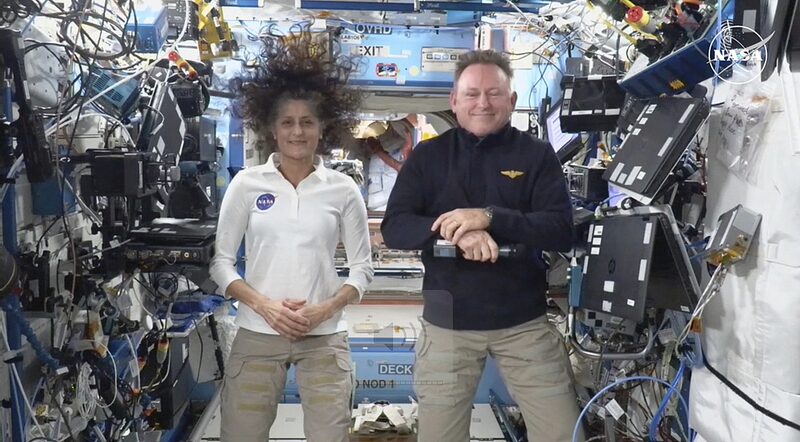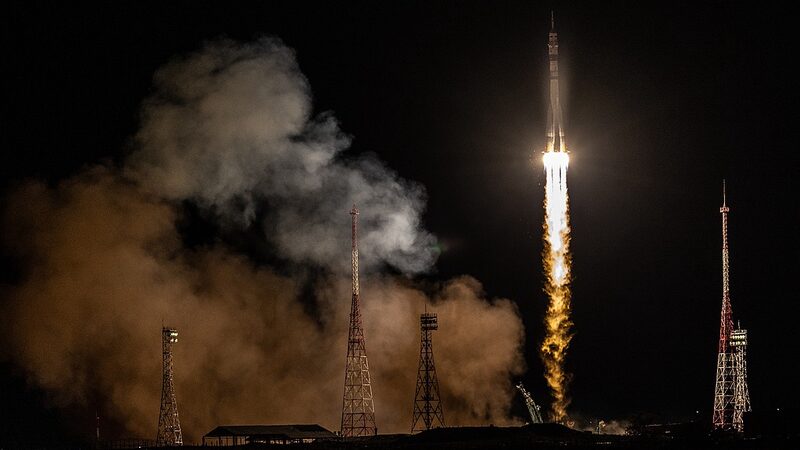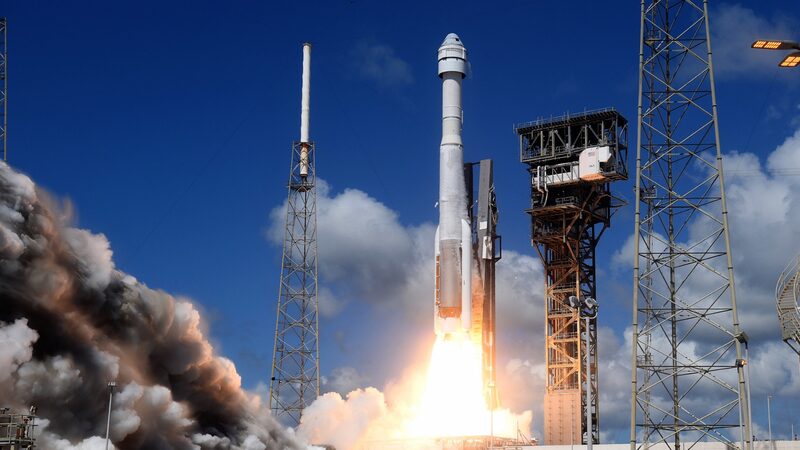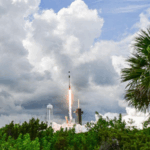A Russian Soyuz rocket carrying three astronauts successfully launched to the International Space Station (ISS) on Saturday, following a two-day delay caused by a last-minute abort.
The spacecraft lifted off smoothly from the Baikonur Cosmodrome in Kazakhstan, carrying NASA astronaut Tracy Dyson, Russian cosmonaut Oleg Novitsky, and Marina Vasilevskaya of Belarus. The launch had been scheduled for Thursday but was halted just 20 seconds before liftoff due to an automatic safety system detecting a voltage drop in a power source.
Approximately eight minutes after launch, the space capsule separated from the rocket and entered orbit, beginning a two-day journey to the ISS. The crew’s arrival is expected at 15:10 GMT on Monday after completing 34 orbits around Earth. Had the launch proceeded as initially planned, the journey would have been a shorter two-orbit trip.
Upon arrival, the trio will join the current ISS crew, which includes NASA astronauts Loral O’Hara, Matthew Dominick, Mike Barratt, Jeanette Epps, and Russian cosmonauts Oleg Kononenko, Nikolai Chub, and Alexander Grebenkin. The mission aims to continue vital scientific research and international cooperation aboard the orbiting laboratory.
Tracy Dyson, a veteran astronaut, expressed enthusiasm before the flight: “We are eager to contribute to the ongoing exploration and understanding of space that benefits all of humanity.” Oleg Novitsky and Marina Vasilevskaya also shared their commitment to the mission’s success and the strengthening of international partnerships.
The crew is scheduled to return to Earth on April 6, concluding their mission after several months of experiments and maintenance tasks critical to the ISS operations.
The successful launch underscores the resilience and collaboration inherent in space exploration, despite challenges and technical hurdles. It also highlights the continued use of the Soyuz spacecraft as a reliable means of transporting astronauts to and from the ISS.
Reference(s):
Russian Soyuz rocket with 3 astronauts blasts off to the ISS
cgtn.com
